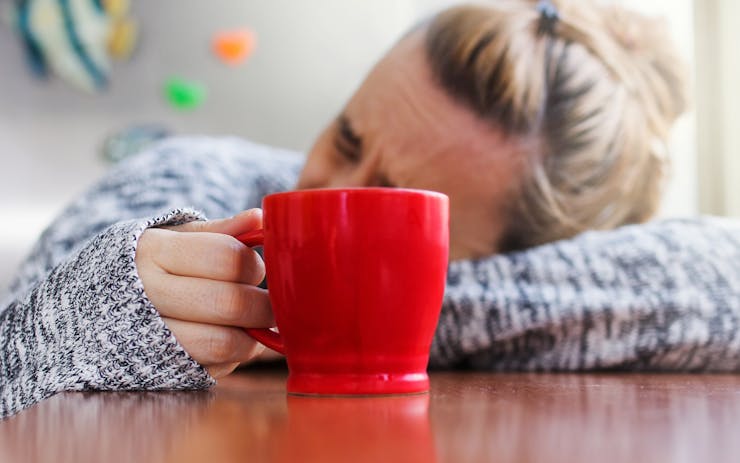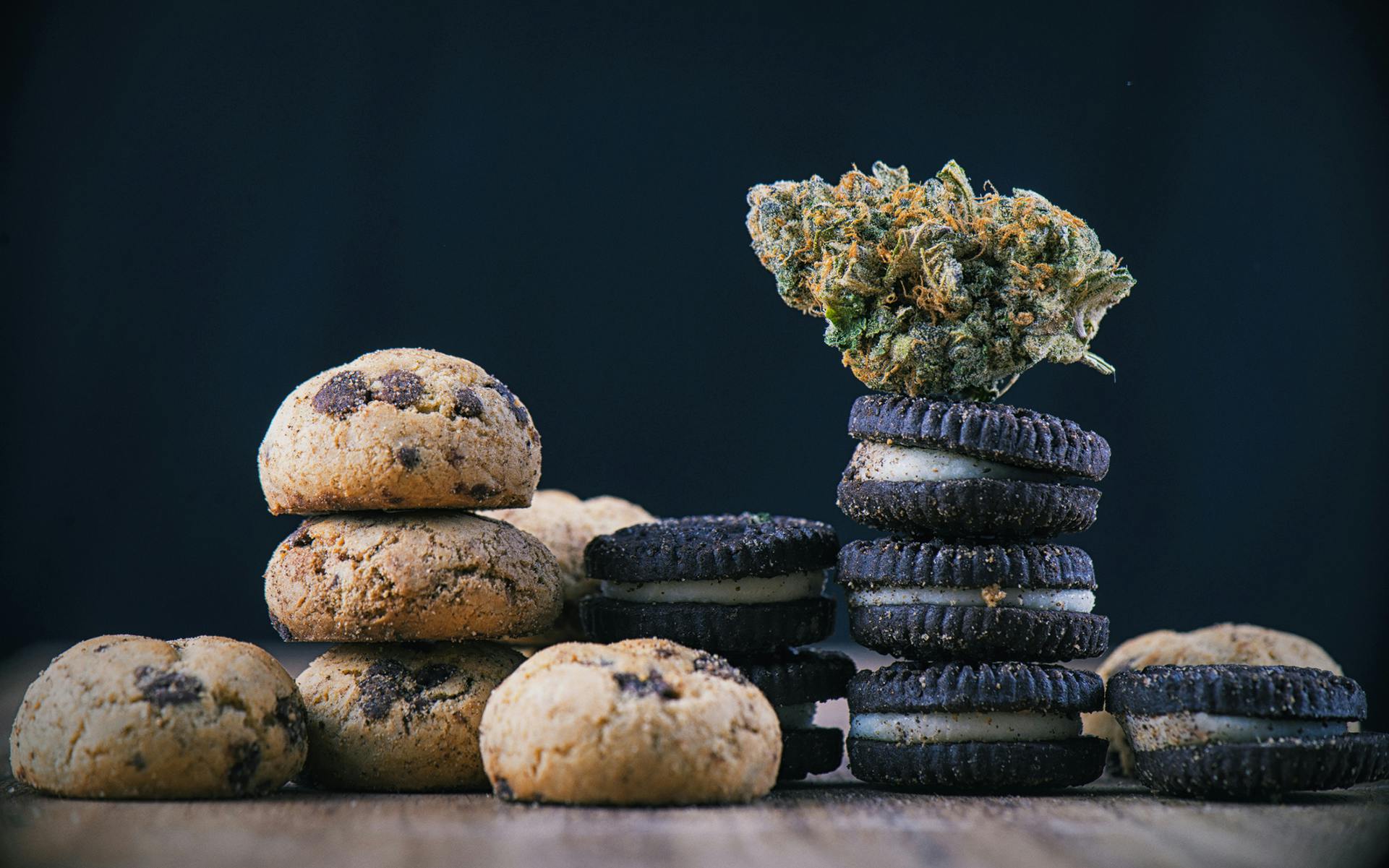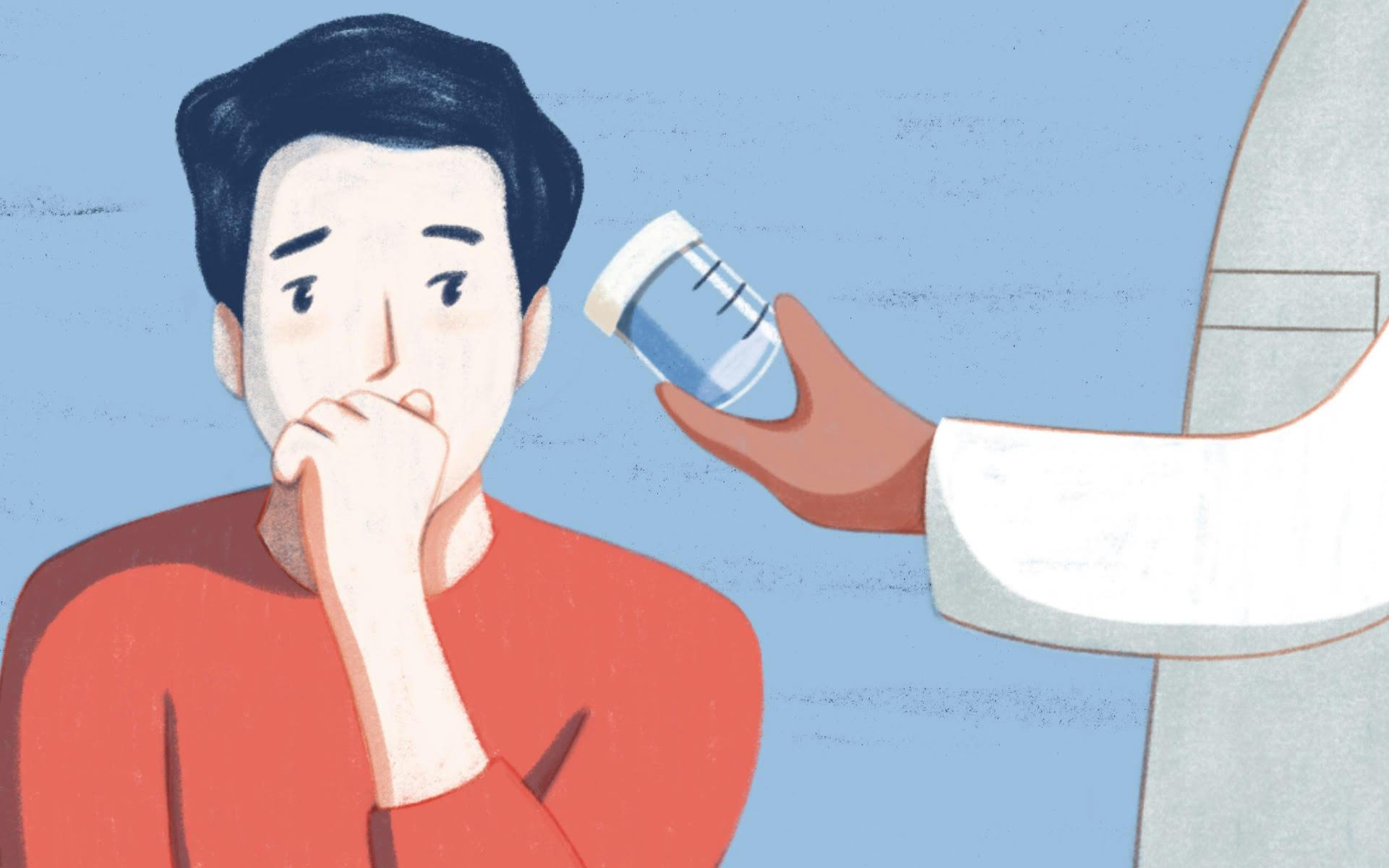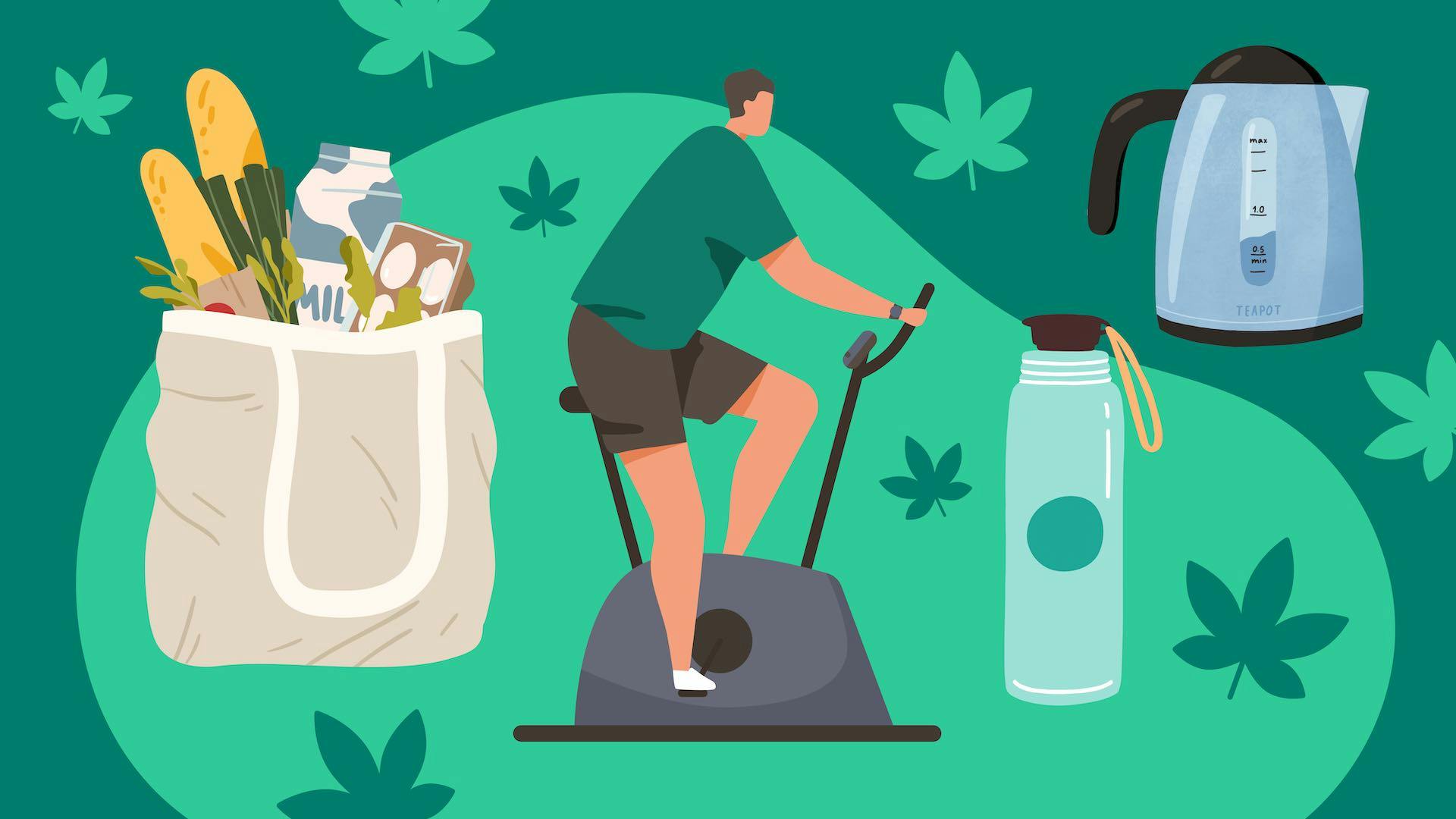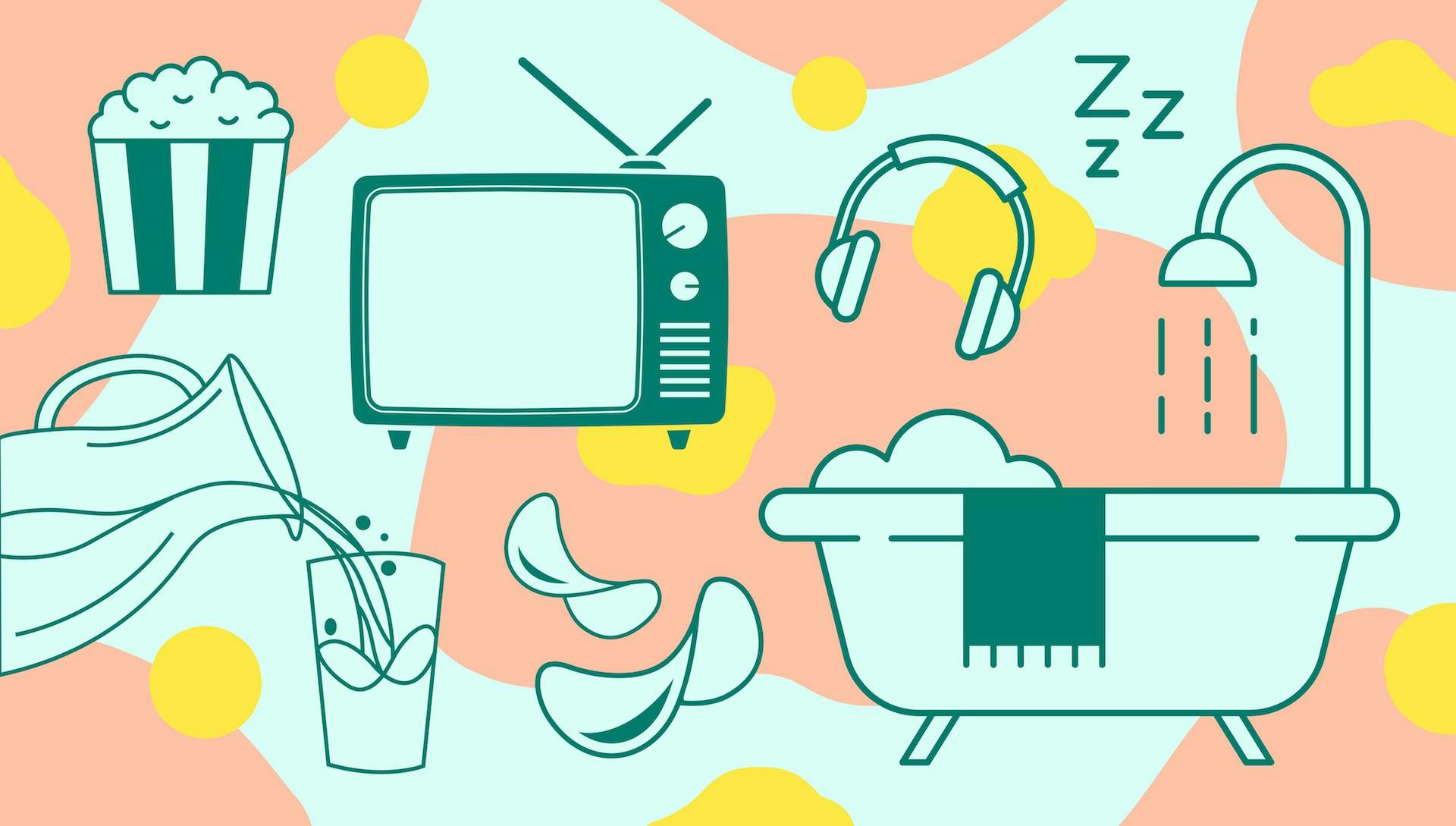For some it’s a well-known fact, while for others, it remains a questionable mystery, but the weed hangover is a more common phenomenon than you may think. Similar to other types of hangovers, a weed hangover is when you experience a range of effects from brain fog to headache after the high from consuming marijuana has worn off.
To get a full understanding of the weed hangover, let’s explore the limited studies that have been conducted and symptoms cannabis consumers have experienced, and dispel some of the common misconceptions passed down from one person to the next.
Cannabis hangover studies
There is little research when it comes to this topic, which is unsurprising given prohibition’s restrictions on cannabis studies. That said, a few studies do exist that can serve as a jumping off point to coincide with anecdotal reports of weed hangovers.
A cornerstone study was published in 1985. Researchers used a very small sample size of only 13 participants to conduct their experiment. The participants—notably, all men—were given either placebos or joints containing cannabis with 2.9% THC. They were then presented with a number of behavioral tasks after smoking, such as card sorting, free recall, and time production.
The subjects were tested again after a full night’s sleep. Researchers noticed a residual effect in only the cannabis consumers and stated, “the findings suggest that marijuana smoking can produce residual (hangover) effects the day after smoking. The precise nature and extent of these effects, as well as their practical implications, remain to be determined.”
This study’s results were concluded to be significant (P value < 0.05). That said, there is room for critique due to the study’s small sample size and lack of diversity, leaving definite room for improvement.
Another study from 1998 with a similar sample size of 10 participants—again, all men—studied the residual effects of smoking a single joint and found that “residual effects of smoking a single marijuana cigarette are minimal.” While the results of this study were concluded to be significant, once again, it had a very small sample size, lacked diversity in the test subjects, and only looked at the effects of a single joint.
Most anecdotal accounts from consumers who have experienced a weed hangover report much higher consumption rates, particularly when consuming RSO and other potent products such as edibles. While there is some evidence to corroborate the anecdotal accounts of those who have experienced a cannabis-induced hangover, more research is needed to truly understanding the phenomenon.
What could cause a weed hangover?
As studies on this topic suggest, a weed hangover (much like other hangovers) is most commonly linked to overconsumption. However, because cannabis is such a unique plant that can affect each person differently depending on strain, tolerance, THC content, and body chemistry, what’s too much for one person may be just enough for another. Therefore, the mantra “start low and go slow” stays true.
Shop highly rated dispensaries near you
Showing you dispensaries nearAnecdotally, as stated above, many of those who have experienced hangover symptoms report having used edibles or extracts. According to those consumers, the phenomenon seems to be far less common as a result of more traditional consumption methods such as smoking. With that in mind, some may find weed hangover symptoms are a result of waking up with a lingering high, due to the slow rate at which products such as edibles metabolize in the body.
Whatever your method of consumption, it may simply come down to a reduction in dosage to find a more even high that does not cause unpleasant lingering effects.
Weed hangovers vs. alcohol hangovers
Although some people may experience a hangover from consuming too much cannabis, an alcohol hangover is very different. Alcohol has a lot of different effects on the body and can cause:
- lightheadedness or headaches
- nausea
- body aches
- dehydration
- insomnia
- memory and concentration problems
Although a weed hangover can have similar symptoms, alcohol and cannabis affect the body very differently. More research needs to be done to determine the exact causes of both types of hangovers.
Does cannabis cause dehydration?
Many sources claim that cannabis causes dehydration and that this dehydration can lead directly to symptoms of a weed hangover. In fact, some even go so far as to make wildly exaggerated claims that cannabis is more dehydrating than alcohol. However, despite this side effect, there is simply no science to back up the claim.
Ultimately, what many people are mistaking for dehydration is actually dry mouth (aka cottonmouth), and the two are unrelated. Dry mouth, while terribly uncomfortable, is not a result of dehydration, but a lack of saliva.
So why does this happen? As studies show, the cannabinoid THC binds itself to glands in the mouth responsible for producing the majority of saliva, known as submandibular glands. This binding temporarily halts the production of saliva, leading to the dry, uncomfortable sensation most of us have known at one time or another.
However, despite the fact that cannabis may not directly lead to dehydration, it’s worth noting the importance of staying hydrated while smoking—as well as in general. Dehydration can lead to a slew of issues, including ones that medical cannabis may not be able to fully treat without the assistance of hydration.
Although there is no evidence to correlate cannabis directly with dehydration, many of the symptoms of a cannabis hangover may be improved by consuming more water, and generally speaking, it is a good practice to make sure you’re staying hydrated.
Cannabis hangover symptoms and how to treat it
Reported symptoms of a weed hangover include brain fog, headache, fatigue, nausea, and dry eyes. Since the aforementioned studies did not research all of these symptoms, much of what we know is based off consumers.
It is possible, therefore, that other factors may come into play, and without proper studies we have no way to validate these claims with certainty. That said, there is enough commonality in anecdotal reports on this topic to warrant an honest conversation on the symptoms people are experiencing.
How to treat weed-induced brain fog and fatigue
If you’ve ever woken up feeling groggy, unfocused, and in a daze, you’re familiar with brain fog. This symptom can make it very difficult to kickstart the day. Brain fog is incredibly unpleasant and may seem hard to snap out of, but here are some things you can do to help re-spark your battery, so to speak.
- Get moving. Staring at a screen all day is not going to help. Try to start your day with a brisk walk.
- Take a cool shower. The refreshing water should wake up your senses.
- Adjust your eating habits. Make sure you eat healthy food and stay hydrated throughout the day to nourish your body.
- Try caffeine. For those who need an extra boost, a stimulant such as caffeine can give a foggy brain the jumpstart it needs.
They may not completely resolve the feeling of sluggishness, but these remedies should help get you through the day more comfortably.
How to treat a weed headache
Another commonly reported symptom of a weed hangover is headache. Many attribute it to dehydration, but again, there’s no evidence to support the theory that cannabis directly causes dehydration. That said, it’s possible that when consuming cannabis in large quantities, one may forget to stay hydrated and as a result, end up not consuming enough water in the evening before bed.
Whatever the cause, if you wake up with a headache, it’s best to go the normal route in treating it:
- Cold compresses
- Temple massages
- Over-the-counter medication such as aspirin, ibuprofen, or acetaminophen (make sure to follow dosing instructions)
How to treat nausea from a weed hangover
Some consumers have reported experiencing nausea during a weed hangover. This seems to be less common, but can be terribly unpleasant nonetheless. If you wake up feeling nauseous, try to take it easy while you ride the feeling out. In more severe cases, make sure you are staying hydrated and try to eat some gentle, mild foods or opt for anti-nausea medication after checking with your physician.
How to treat dry eyes from consuming weed
THC causes dilation in ocular capillaries, leading to the signature red eyes as the flow of blood to the eyes increases. For most consumers, this clears up fairly quickly after smoking. However, if you wake up the next day and find you still have dry eyes, consider some eyedrops to soothe the redness and restore moisture.
Weed hangovers remain a topic of contention for some, but until the experience can be studied more extensively to truly understand the causes and effects of the phenomenon, pay close attention to proper dosage when consuming cannabis.
This post was originally published on June 13, 2017. It was most recently updated on April 3, 2020.
